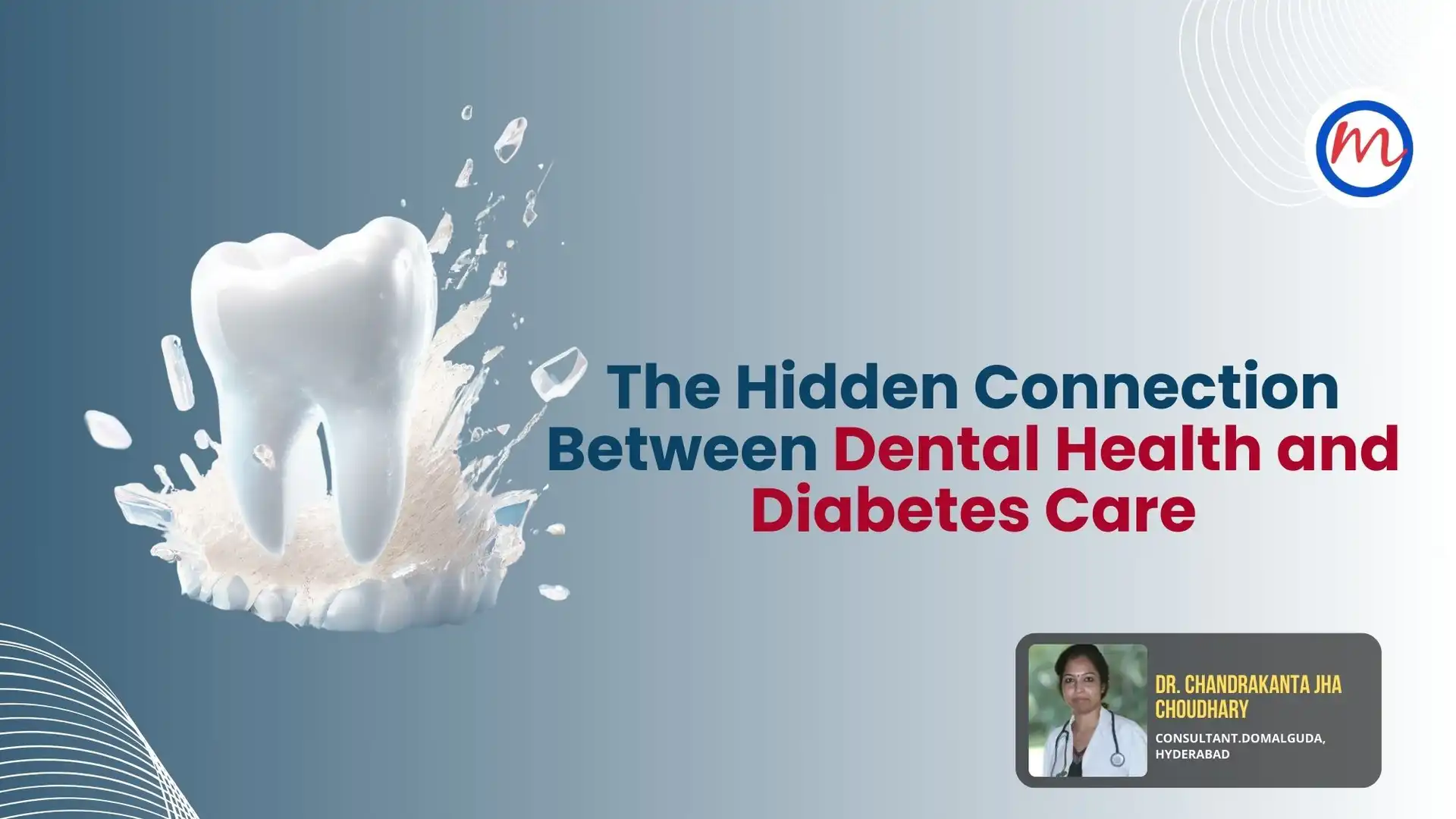The Hidden Connection Between Dental Health and Diabetes Care
When managing diabetes, most people think about diet, exercise, blood sugar levels, and medications. But there’s another crucial aspect that often gets overlooked: dental health. Your mouth is more than just a gateway to your body — it’s a mirror of your overall health. And for those living with diabetes, oral care is more important than ever.
Why Dental Health Matters in Diabetes
People with diabetes are at a higher risk for several dental issues, including:
– Gum Disease (Periodontitis): Elevated blood sugar weakens white blood cells and reduces your body’s ability to fight bacteria in the mouth. This can lead to gum inflammation, infections, and eventually, periodontitis — a severe gum condition that can cause tooth loss.
– Dry Mouth (Xerostomia): Diabetes can reduce saliva production, causing dry mouth. This condition increases the risk of cavities, infections, and discomfort.
– Thrush (Oral Candidiasis): High sugar levels in saliva can encourage the growth of a yeast infection in the mouth, known as thrush.
– Slow Healing: Dental procedures may take longer to heal in people with uncontrolled diabetes due to impaired blood circulation and immune response.
A Two-Way Street
What makes this relationship even more critical is that it works both ways: just as diabetes can worsen dental health, poor oral health can also affect diabetes control.
Chronic inflammation from gum disease can increase blood sugar levels and make it harder to manage diabetes effectively. Studies have shown that treating gum disease can actually help lower HbA1c levels (a key marker of blood sugar control) over time.
Tips for Managing Oral Health with Diabetes
- Maintain Blood Sugar Control: Keeping blood sugar within the target range is the best defence against dental complications.
- Brush and Floss Daily: Brush twice a day with fluoride toothpaste and floss once a day to remove plaque and prevent gum disease.
- Visit Your Dentist Regularly: Schedule dental check-ups at least twice a year. Let your dentist know you have diabetes so they can tailor your care accordingly.
- Stay Hydrated: Drink plenty of water to combat dry mouth and wash away food particles and bacteria.
- Watch for Warning Signs: Bleeding gums, persistent bad breath, loose teeth, or mouth sores should never be ignored.
- Quit Smoking: Smoking worsens both gum disease and diabetes — quitting can dramatically improve your health.
Conclusion:
Managing diabetes is about more than just what’s on your plate or in your medicine cabinet. It’s also about what’s going on inside your mouth. By taking oral health seriously, you’re not just preserving your smile — you’re supporting better blood sugar control and overall well-being. So next time you think about diabetes care, don’t forget to floss!
Dr. Chandrakanta Jha Choudhary
Consultant
dr mohan’s diabetes specialities centre,domalguda, hyderabad



